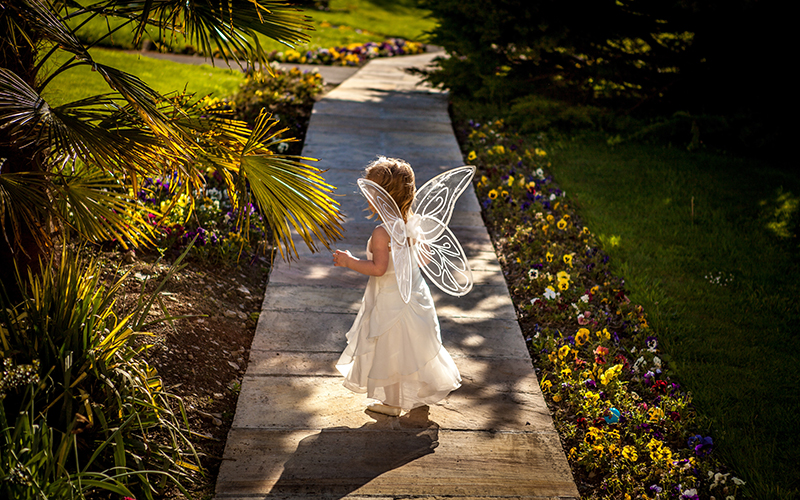Where Did the Tooth Fairy Come From?
For many people, the earliest memories of tooth loss involve trading the lost tooth with the tooth fairy for cash or presents. A rich part of American history, the tooth fairy is a beloved childhood myth that helps children cope with a potentially scary situation. After all, randomly losing a tooth would probably worry a child as much as it would an adult if not for the prospect of trading the tooth for something much more enjoyable. Not many people, however, know how the myth of the tooth fairy began. To honor the adored legend, Erlanger dentist Dr. Henry explores the origins of the tooth fairy.
Dark Beginnings
During the Middle Ages, the importance of ejected baby teeth was darker than the legends of today. Common belief held that witches could use items that people held close, such as clothes, hair, finger/toe nails, and teeth, to create potions and place curses. To prevent harmful black magic from affecting their children, parents would bury the loose baby teeth or burn them in fire. Fortunately, the practice adopted a less ominous meaning. Later, parents would bury their children’s teeth in the garden in hopes that strong, healthy adult teeth would grow in their place.
Tooth Myths Around the World
As you search around the globe, you’ll continue to find legends involving the importance of stashing baby teeth, but the reasons differ depending on the region. For instance, in Asia, people would bury the lost upper teeth in the ground, and toss lower teeth on the roof. The superstition held that the new teeth would grow straight towards each other. Vikings believed that carrying a child’s item, or having a child in your possession, would bring power, luck, and fortune in battle. They would pay children a “tooth fee” for their lost teeth, and would later string jewelry from their collected prizes.
In US culture, we are familiar with the tooth fairy that comes in the night to collect our children’s teeth and leave them some form of monetary compensation. Unfortunately, the legend is not much help after the tooth is lost. To learn how to take care of the new tooth coming in and the ones left behind, schedule a consultation with Dr. Darlene Henry. If you are in or near the 41018 area, call our Erlanger, Kentucky dentist’s office at (859) 344-8500.

